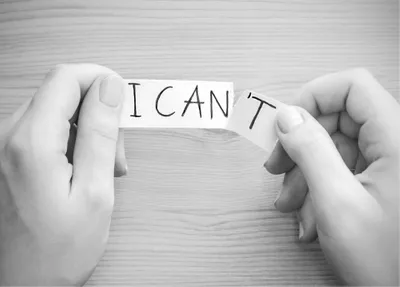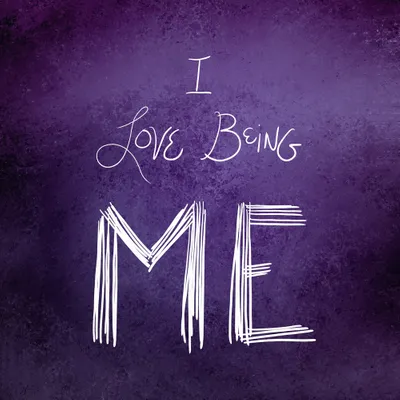A recent study from the world of psychology finds that we’re too hard on ourselves. In fact, the findings, published in the journal Self and Identity claim that we tend to beat ourselves up over some pretty silly things—not going to the gym, forgetting eggs at the grocery store, and even missing the opportunity to stick up for ourselves against a nasty co-worker.
Here’s proof many of us deserve a break…from our own inner self-critic…
1. We Associate Self-Compassion with Weakness
The study, aptly titled Resisting Self-Compassion: Why Are Some People Opposed to Being Kind to Themselves?, revealed the answers to a questionnaire based on capacity and self compassion, filled out by 161 adult participants ranging in age from 17-years to 34-years old.
Participants in the study were also asked to envision themselves and reveal their feelings in situations of loss, failure, and rejection where they acted with first, self-criticism, and second, self-compassion. Researchers learned that the participants were less self-compassionate because they believed that exercising self-care would make them seem less ambitious and motivated. They instead answered with self-criticism, which they believed made them “tougher, better, and more driven”.
2. Self-Care Equals Sounder Mental Health
If you’re not shocked at the study findings, you may be surprised to learn that the same study revealed that individuals who tend to practice self-compassion (or self-care) tend to be sounder of mental health.
For instance, the study found that those who perform self-care tend to have a lower risk of developing chronic anxiety and depression. In fact, self-compassionate individuals are more likely to withstand negative life events, have a more positive life outlook, and enjoy better life satisfaction overall.
3. Self-Critcism is Counterproductive
So even if you think of your inner critic as a powerful self-motivator, the experts disagree. According to psychiatrist and instructor, Dr. Ashwini Nadkarni, with Brigham and Women’s Hospital, at Harvard Medical School, you’re actually demoralizing yourself to the point of negativity, counter-productivity, and hopelessness.
Dr. Nahkarni explains that those in the habit of harsh self-flagellation will “over time, burn out…[this type of self-criticism] keeps us from reaching the goals we were pushing so hard to achieve in the first place.”
4. Respect Yourself as you Respect Others
So instead of bullying yourself all the time, Dr. Nadkarni suggests a more compassionate approach focused on self-kindenss and self-empathy. For starters, you’d never dream of talking to a friend or loved one with such harshness.
So why would you beat yourself down with such disrespect? Promise to use your inner voice to speak to yourself like you’d talk to a loved one. Consciously treat your self with the same respect, tolerance, and acceptance.
5. Keep a Journal
You may be a little out of your comfort zone if you believe that your inner self critic is motivating. To get out of the habit of talking down to yourself, try keeping a journal. This will help you pinpoint what areas of your life you’re critical about while establishing a new mind frame for empathy.
If you experience a self-critical moment (i.e., you’re late for work, you miss a deadline, or you eat a burger and fries at lunch) make note and write down messages of self-care and acceptance (i.e., “It’s okay to be human”) to help reframe your self-talk.
6. Abandon Self-Judgment
It’s no surprise that those who self-criticize tend to be very judgemental of themselves. However, be patient with yourself. If you tend to bully yourself already, this might not come naturally to you and may even develop into another form of self-ridicule.
This Psychology Today article recommends some simple Cognitive Behavioural Therapy (CBT) exercises that can help decrease your need to self-criticise. It may help you note your feelings with less judgement and improve your self-esteem.









